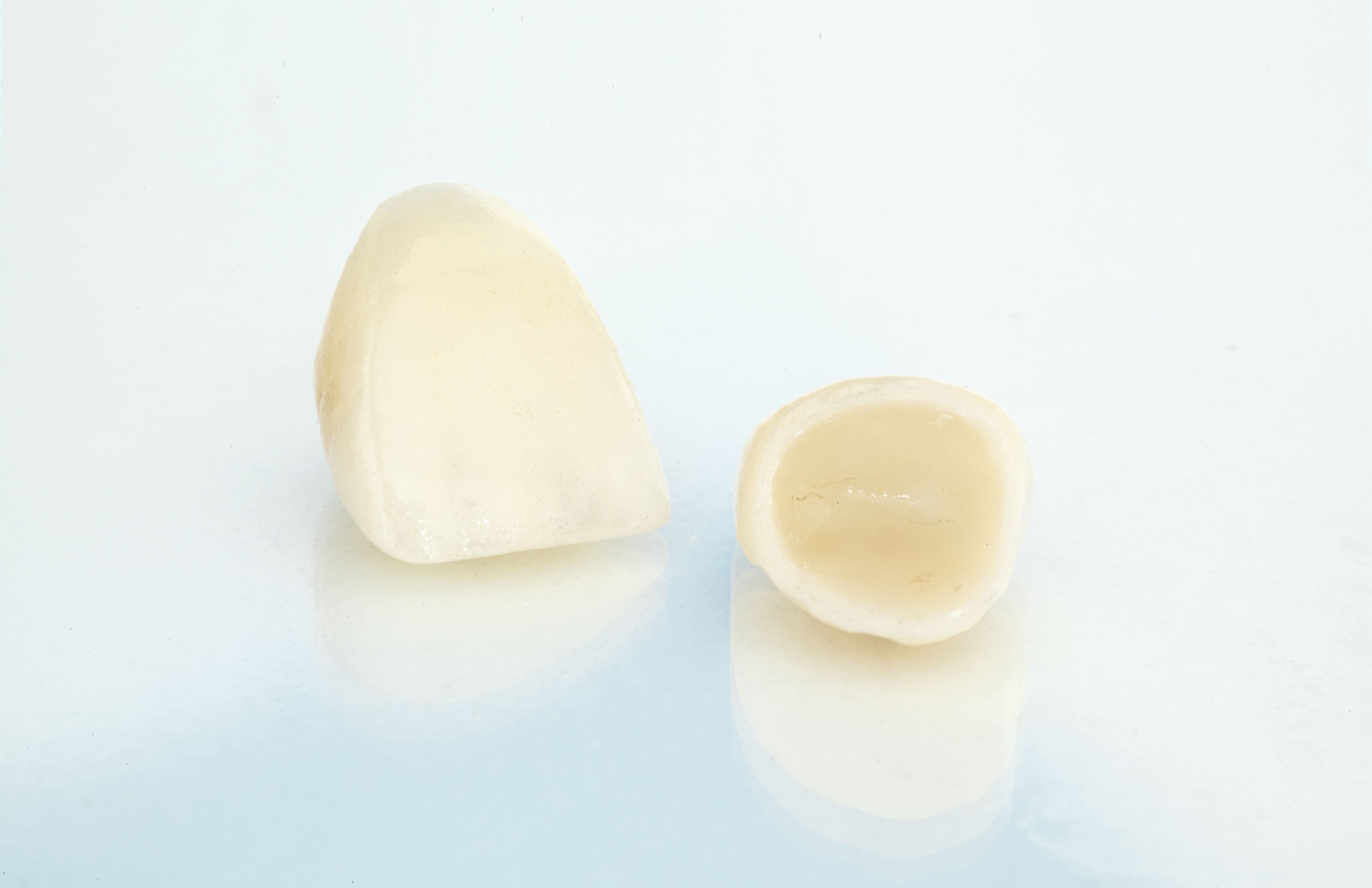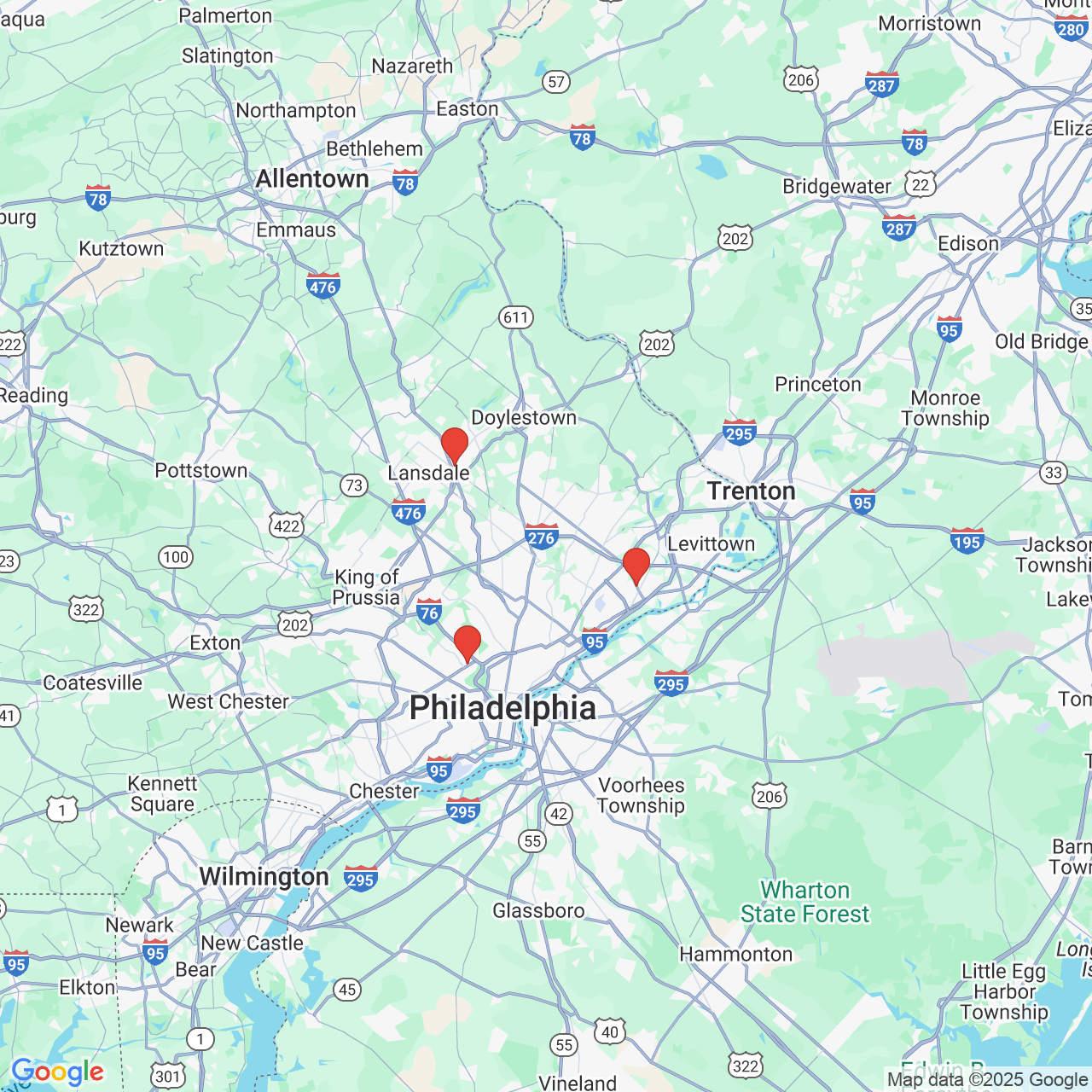Causes of Damaged Dental Crowns
 When dental damage occurs, it is important to restore the tooth with a dental restoration, such as a dental crown. Dental crowns rebuild tooth structure and protect a damaged tooth from further dental complications, such as root canal infection or tooth loss.
When dental damage occurs, it is important to restore the tooth with a dental restoration, such as a dental crown. Dental crowns rebuild tooth structure and protect a damaged tooth from further dental complications, such as root canal infection or tooth loss.
Although dental crowns strengthen the teeth, they are susceptible to damage. A damaged crown threatens adjacent teeth and can lead to issues such as root canal infection. If a dental crown does become damaged, it is important to have it repaired or replaced.
Here, Dr. Kellyn Hodges goes over the most common causes of damaged dental crowns that affect her Philadelphia, PA dental patients.
Bad Dental Habits
Bad dental habits are a leading cause of tooth damage and also a leading cause of damaged dental crowns. Bad dental habits place excess pressure on the teeth and any dental restorations, and can cause damage such as chips, cracks, or fractures.
Dental habits that can cause crowns to be prematurely damaged include:
- Nail biting
- Using the teeth to open bottles or bite down on other objects
- Chewing on ice
- Eating hard, brittle, or chewy foods
Poor Oral Hygiene
Oral hygiene habits, such as brushing and flossing, improve the health of the teeth and gums. Dental crowns are made of ceramic materials that are not susceptible to decay. However, crowns sit over the natural teeth, and those teeth can be affected by bacteria.
If patients neglect their oral health care, they can suffer from a range of problems, including decay, infection, and gum disease. Any of these issues can be addressed through restorative dentistry treatment, but they will likely damage dental crowns or any other dental restorations, and require them to be replaced before they reach their full lifespan potential.
Bruxism
Bruxism is the habit of grinding the teeth or clenching the jaw so that the teeth push and rub against one another. Bruxism puts the teeth under far more pressure than they are meant to endure.
Over time, bruxism can damage the teeth and cause chips, cracks, fractures, and general wear and tear. The same forces that cause dental damage can also cause dental crowns to become damaged.
Since bruxism most commonly occurs while a patient sleeps, one of the best ways for these patients to avoid damage from bruxism is to wear a mouth guard at night.
Malocclusion Problems
Malocclusion problems, or orthodontic issues, are another leading cause of dental crown damage. If the bite is not aligned properly, it causes the teeth to hit each other at the wrong spot. This causes some teeth to withstand more of the force of the bite than they should.
The excess force of a misaligned bite can cause damage to the natural teeth and any dental restorations, such as a crown.
Contact Us
Any damage to a dental crown has the potential to lead to other oral health complications. Dr. Kellyn Hodges can replace a damaged dental crown to restore oral functions and prevent further issues.
If you have questions about damaged dental crowns or how to treat them, contact us at your earliest convenience by calling (215) 883-0611 or (215) 245-5100.


